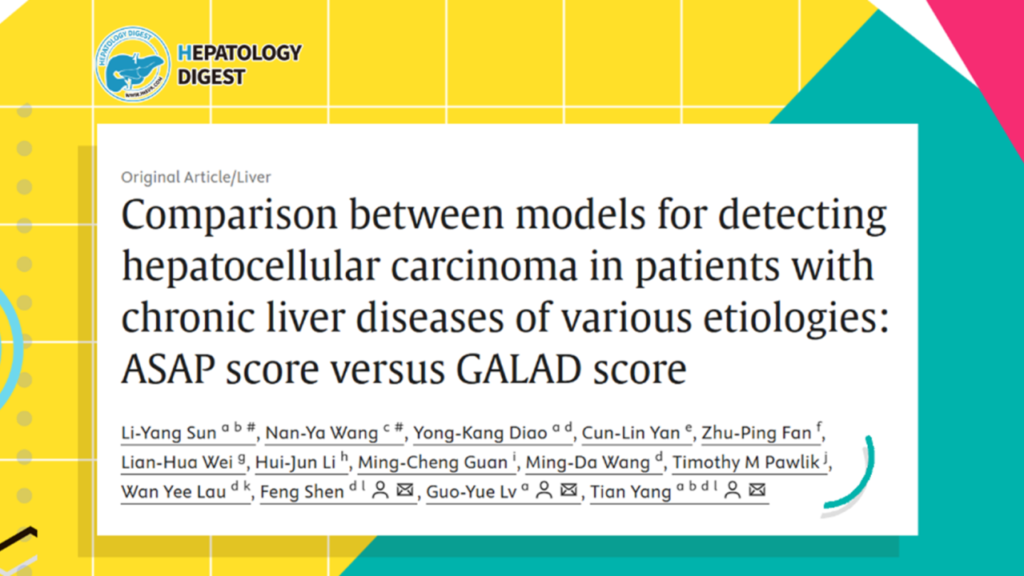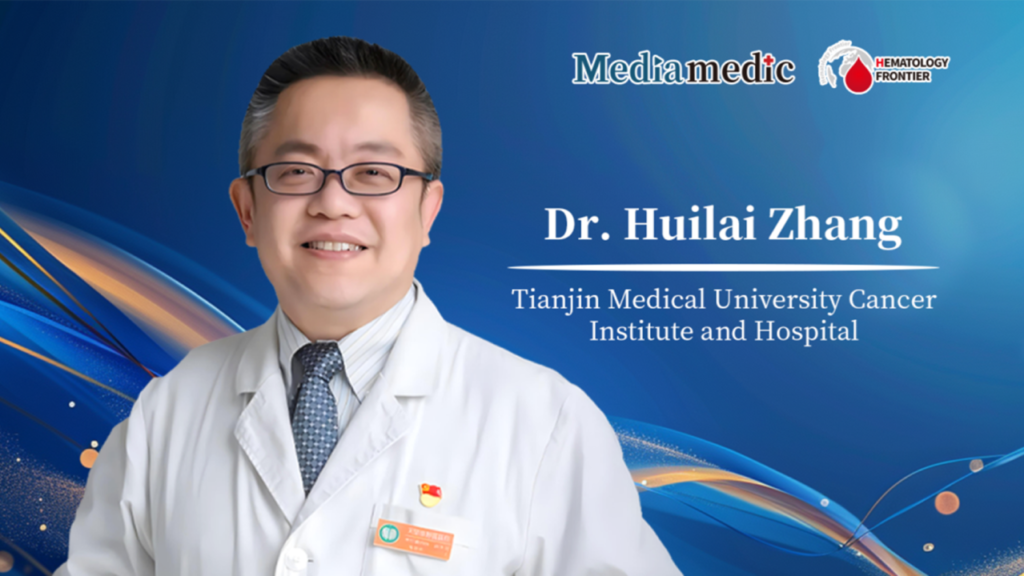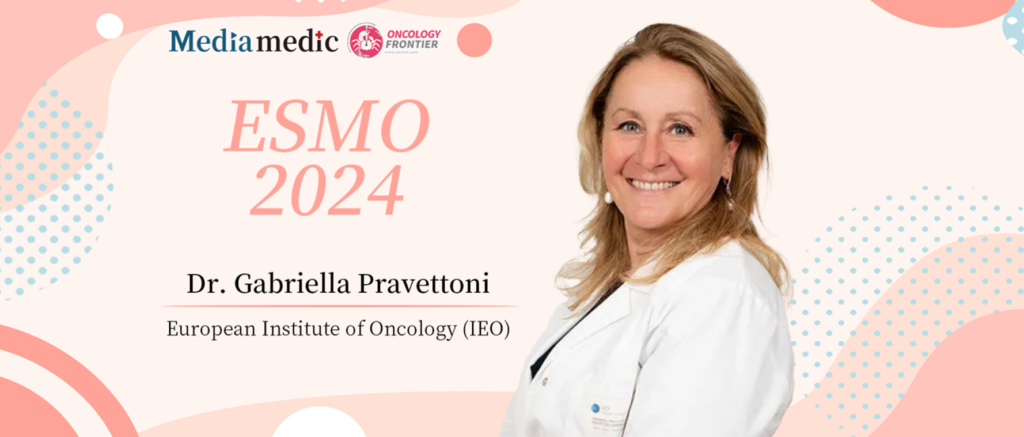Comparison of ASAP Score and GALAD Score in Detecting Hepatocellular Carcinoma in Chronic Liver Disease Patients with Different Etiologies
Primary liver cancer ranks as the fourth most common malignancy and the second leading cause of cancer-related deaths in China, posing a severe threat to people's lives and health. Early detection, diagnosis, and treatment are crucial for improving treatment outcomes. In 2019, Dr. Feng Shen and Dr. Tian Yang research team from Eastern Hepatobiliary Surgery Hospital, collaborating with 11 renowned tertiary hospitals in China, developed the ASAP (Alpha-Fetoprotein, Age, Sex, and PIVKA-II) liver cancer risk assessment model, making a significant contribution to Chinese clinical practice.










